U.S. Special Envoy Steve Witkoff and Iranian Foreign Minister Abbas Araqchi have engaged in several direct phone discussions since Israel escalated air strikes against Iranian targets beginning 13 June, according to three diplomats. Intended to reduce regional tensions, these calls represent the most sustained direct communication between Washington and Tehran since indirect negotiations commenced in April.
Iran has made its conditions clear: it will not return to broader nuclear discussions unless Israel halts its bombardment of Iranian sites. Witkoff introduced in those conversations a proposal from late May envisioning uranium enrichment conducted via a regional consortium outside of Iran’s territory—a concept so far rebuffed by Tehran. Nonetheless, diplomats noted that Araqchi hinted at potential flexibility on nuclear commitments if the U.S. can persuade Israel to cease fire.
These telephone exchanges contrast starkly with the pace of military hostilities. Israeli strikes have damaged multiple nuclear facilities in Iran—namely at Arak and Natanz—while Iran has responded with missile and drone attacks on Israeli soil. A significant recent strike hit Soroka hospital in Beersheba, leaving scores injured and inflaming international alarm.
The military backdrop sheds light on the caution exercised by both governments. While President Trump has neither confirmed U.S. military involvement nor ruled out use of bunker-buster munitions against Iranian nuclear sites, he has signalled a willingness to allow diplomacy some space, stating Iranian envoys “wanted to come to Washington for a meeting”. Western analysts view European leaders—Britain, France and Germany, known collectively as the E3—as critical intermediaries. The trio has already held a ministerial-level videoconference with Araqchi, and additional talks are scheduled in Geneva.
In April and May, Witkoff and Araqchi engaged in multiple rounds of indirect diplomacy, hosting meetings in Oman, Italy and Rome. Those accords explored linking scaled-down Iranian enrichment levels—3.67 per cent—to oil exports and the release of frozen assets. Though described as “constructive”, no agreement followed.
Two central issues now dominate: the halting of Israeli strikes and the fate of Iran’s uranium enrichment programme. Tehran’s hardline stance rejects foreign enrichment, citing sovereign rights confirmed by its Supreme Leader Ayatollah Khamenei. U.S. policy advocates moving that capacity abroad. The mid‑May U.S. proposal envisions a consortium involving regional states, designed to both curb nuclear escalation and assuage Iran’s technological aspirations—yet Iran remains resistant.
Diplomats stress that the current telephone diplomacy hinges on Washington’s ability to influence Israeli military operations. Araqchi reportedly suggested that Tehran could compromise on nuclear terms if U.S. pressure on Israel brought a cessation of bombings. However, Israeli leadership continues air operations, citing what it describes as legitimate strikes against nuclear and missile infrastructure and senior military figures.
Meanwhile, global concern is intensifying. Humanitarian organisations cite mounting civilian casualties from hospital strikes in both Israel and Iran. Chinese and U.N. spokespeople have urged immediate de‑escalation, warning that targeting civilian sites could breach international law. In Brussels, German Chancellor Olaf Scholz and French President Emmanuel Macron have supported leveraging European diplomacy to manage the crisis, framing the Geneva meeting as crucial.
For now, the dice remain unsettled. The United States and Iran have opened a door for direct dialogue, but its hinges are anchored in the broader Israel‑Iran conflict. Both nuclear concessions and diplomatic progress depend heavily on whether Israel refrains from further strikes—and whether Washington can leverage influence effectively. As fighters and missiles continue to cast long shadows, the phone lines offer a slender bridge aimed at keeping diplomacy alive amid escalating crisis.
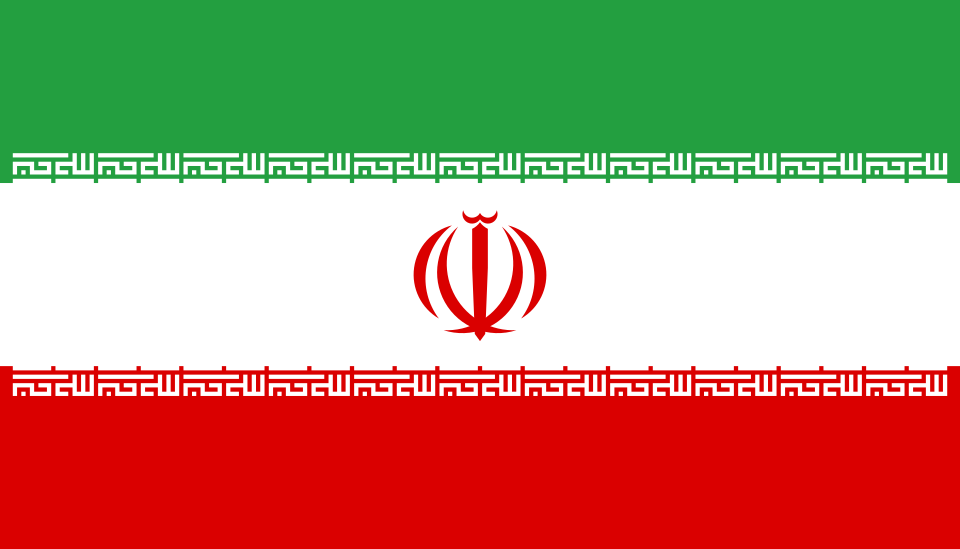
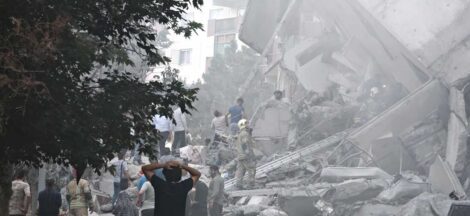
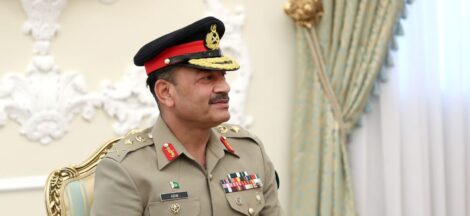
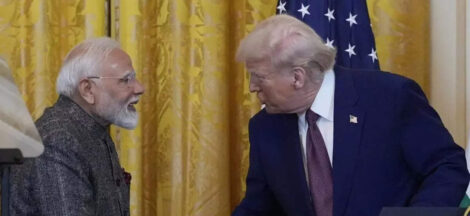
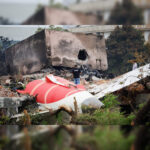 Unexpected Electrical Outage Suspected in AI-171 Crash
Unexpected Electrical Outage Suspected in AI-171 Crash 